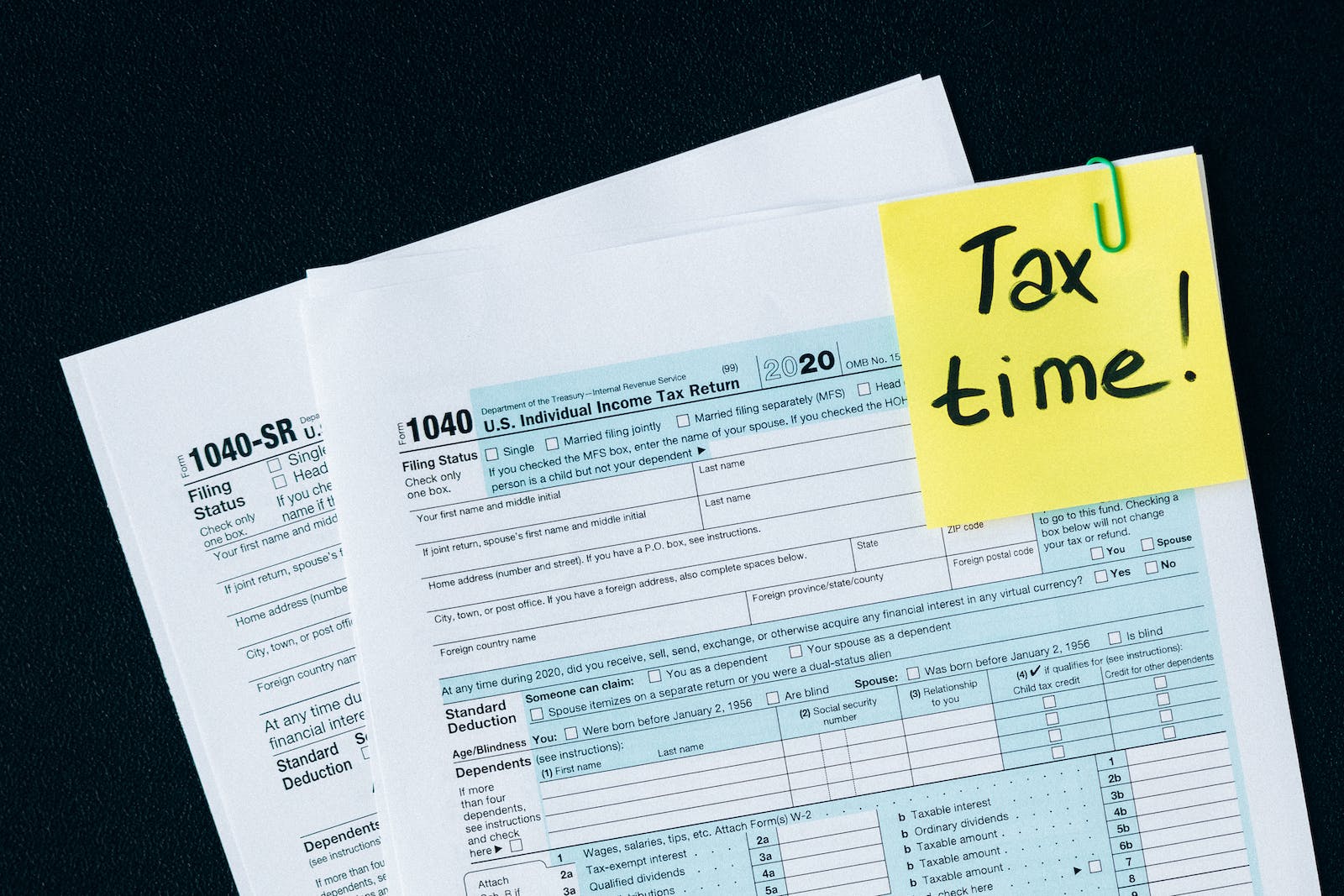Introduction
Navigating the intricacies of tax filing demands attention to detail and awareness of common pitfalls. From overlooking deductions to incorrect filing statuses, this comprehensive guide outlines preventive measures and practical strategies to help you steer clear of common tax filing mistakes.
Understanding Common Tax Filing Errors
Filing Status Flubs
Choosing the wrong filing status can lead to significant consequences. It’s crucial to understand the differences between filing statuses such as Single, Head of Household, Married Filing Jointly, and others. Life changes like marriage, divorce, or the birth of a child can affect your filing status. It’s essential to carefully evaluate your situation and choose the status that best fits your circumstances to avoid penalties or missed tax benefits.
Mathematical Missteps
Simple math errors can result in audits or delays in processing your tax return. It’s important to double-check all calculations, especially when dealing with credits, deductions, or income adjustments. Utilizing tax software or hiring a professional can help minimize these mistakes and ensure accurate calculations.
Overlooking Deductions and Credits
Failing to take advantage of eligible deductions and credits can lead to overpaying taxes. It’s essential to thoroughly review available deductions, such as those for education expenses, homeownership costs, or energy-efficient home improvements. Additionally, tax credits for education, child care, or energy efficiency can significantly reduce your tax liability. Being aware of these opportunities and claiming them correctly can help maximize your tax savings.
Incomplete or Inaccurate Information
Providing incomplete or inaccurate personal information, including Social Security numbers for yourself, your spouse, and dependents, can result in rejected returns or processing delays. It’s crucial to ensure that all information provided on your tax return is accurate and up to date. Double-checking your forms before submission can help avoid potential issues down the line.
Forgetting to Sign and Date
Signing and dating your tax return may seem like a simple step, but it’s essential for your return to be valid. If you’re filing jointly, both spouses must sign the return. Failure to sign or date your return can result in processing delays or even the rejection of your filing. Therefore, it’s important to make sure all required signatures are in place before submitting your tax return to the IRS.
By being aware of these common tax filing errors and taking steps to avoid them, you can ensure a smoother and more accurate tax filing process, minimizing the risk of penalties, audits, or overpayment of taxes.
This no annual fee, cash back credit card from CapitalOne offers a great signup bonus
Strategies to Avoid Mistakes
Use Technology Wisely
Utilizing tax software can streamline the filing process and minimize errors. These tools automate calculations and provide prompts for necessary information, reducing the likelihood of oversight. By leveraging technology, you can ensure accurate calculations and a smoother filing experience.
Stay Informed
Tax laws are constantly evolving, making it crucial to stay informed about changes that may impact your tax situation. Consult reliable sources such as IRS publications or reputable financial websites to understand new regulations and their implications for your taxes. Additionally, seeking advice from tax professionals can provide valuable insights into complex tax issues and help you navigate any changes effectively.
How to Think Like a Millionaire
Organize Your Documents
Maintaining a well-organized system for your tax documents is essential for a smooth filing process. Keep track of important documents such as W-2s, 1099s, receipts, and other financial records throughout the year. Having all necessary information readily available when it’s time to file can prevent last-minute scrambling and reduce the risk of overlooking key details.
Seek Professional Assistance
If your financial situation is complex or if you’re uncertain about certain aspects of your tax return, don’t hesitate to seek professional assistance. Tax professionals, such as certified public accountants (CPAs) or enrolled agents, can provide expert guidance tailored to your specific circumstances. They can help you navigate intricate tax scenarios, maximize deductions and credits, and ensure compliance with tax laws.
Crypto Ultimatum Training System
Review Before Submission
Before submitting your tax return, take the time to thoroughly review it for accuracy. Carefully scrutinize each section of your return, double-checking calculations, and verifying that all information is correct and up to date. Reviewing your return before submission can help catch errors or omissions that could lead to penalties or processing delays. Additionally, consider using the IRS’s e-file option, which can help identify common errors and ensure a smoother filing process.
By implementing these strategies, you can minimize the risk of making mistakes on your tax return and ensure a successful filing experience. Stay organized, stay informed, and don’t hesitate to seek professional assistance when needed.
Conclusion: A Smooth Tax Filing Journey
Avoiding common tax filing mistakes requires diligence, awareness, and the right strategies. By understanding potential pitfalls and adopting proactive measures, you can enhance the accuracy of your tax return, potentially save money, and ensure a smooth filing process. Stay informed, use technology wisely, and consider professional guidance for a stress-free tax season.


